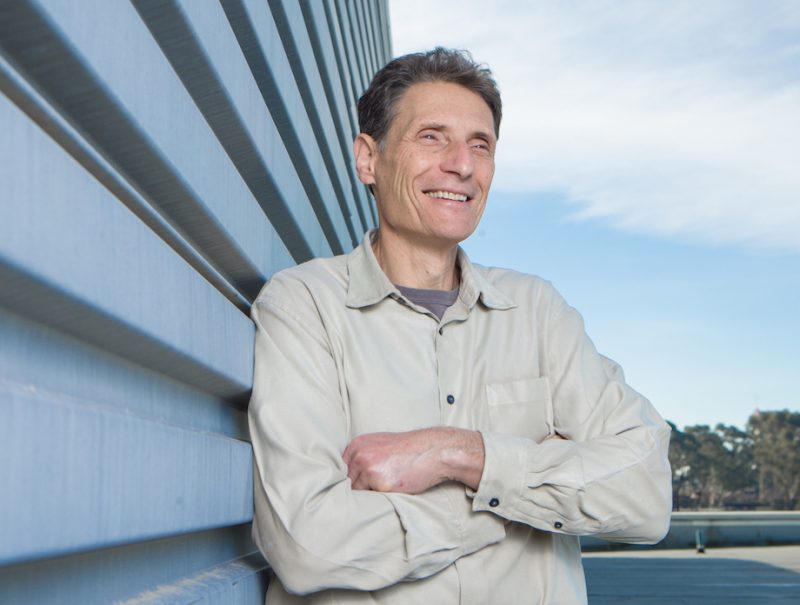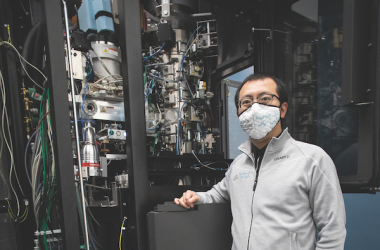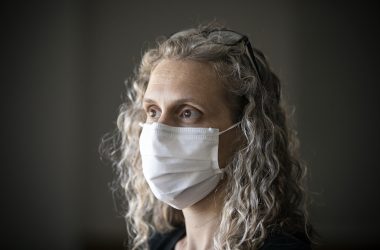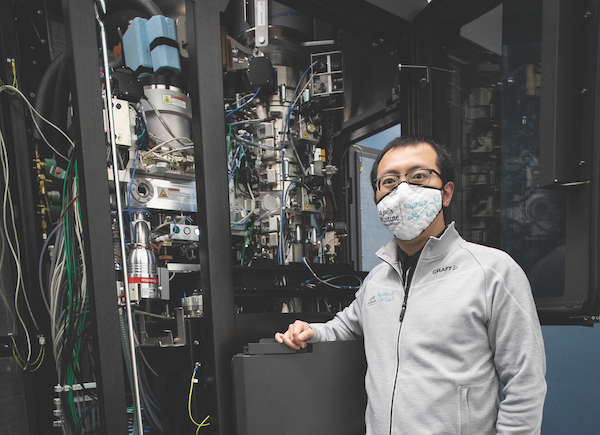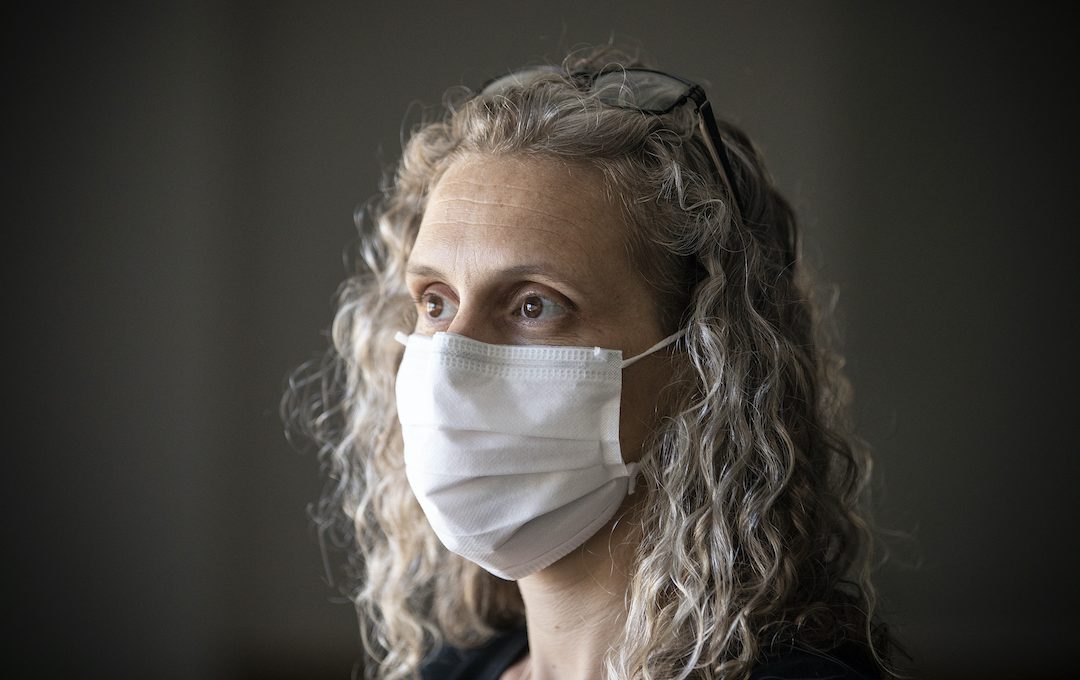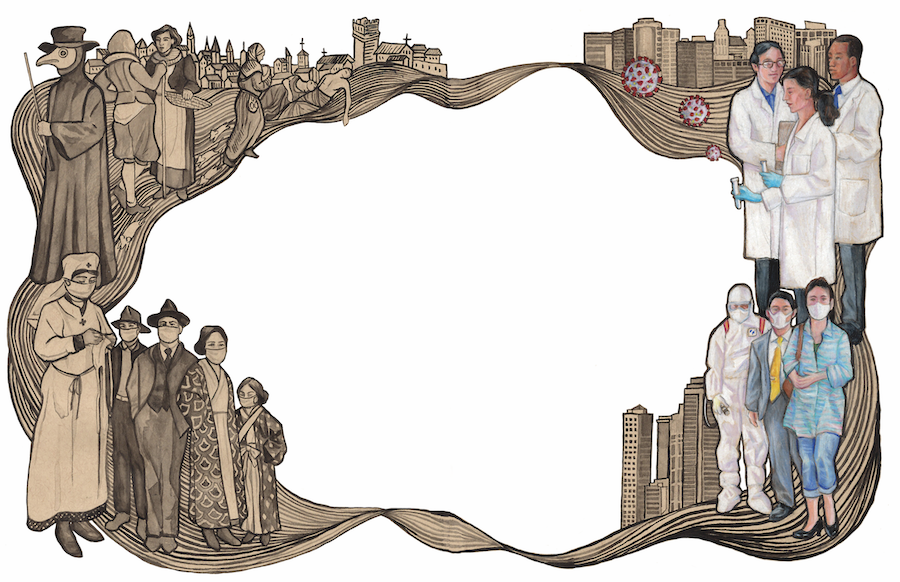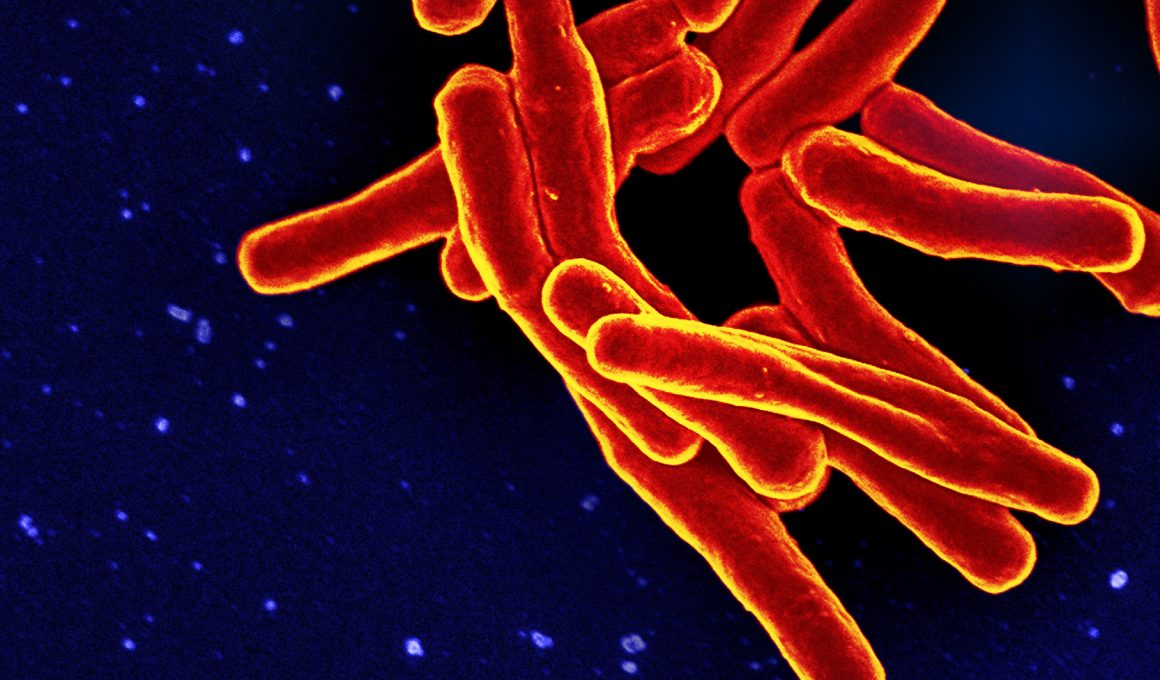When La Jolla Institute for Immunology (LJI) went into “maintenance mode” in mid-March, which meant limiting building access except for COVID-19 research, there had not been any fatal COVID-19 cases in San Diego County. Since then, there have been hundreds of COVID-19 deaths in the county and hundreds of thousands more nationwide. We are horrified by the loss of life and saddened by the pandemic-related social and economic disruptions that have occurred.
We have been horrified—but not helpless. As you’ll read in this issue’s cover story, LJI scientists and staff leapt into COVID-19 research. For example, their hard work showed how different types of immune cells work to fight the virus SARS-CoV-2, findings that will guide the development of vaccines and therapeutics. In this issue, you’ll also meet Haoyang Li, Ph.D., an LJI Postdoctoral Associate who had to quarantine during the SARS outbreak in China in 2003. He went on to investigate some of the world’s deadliest viruses and now is one of many LJI researchers who quickly shifted to studying COVID-19. The research has meant long hours and personal sacrifices for those working on COVID-19. I want to thank every member of the LJI research teams and staff for their efforts to adapt to social distancing in the labs and to work from home whenever possible. We are keeping the Institute safe as well as productive and have opened up to accommodate all types of research.
Of course, our mission is Life Without Disease®—not just life without COVID-19. All immunology research is related, and insights in one area can lead to advances in another. For example, treatments that failed to prevent bacterial infections in the blood (sepsis) led to the development of effective treatments for rheumatoid arthritis and other inflammatory diseases. LJI’s strengths in genetics and immune cell biology, which underpin our successes in cancer immunotherapy and autoimmune disease treatments, will also help us understand what constitutes a protective immune response to prevent COVID-19.
The pandemic has given the world a crash course in immunology. Scientific terms like herd immunity, and even T cells and B cells, are now commonplace. Will we see a new wave of scientists entering research in the coming years as students today grow up with immunology and virology in the news? The media attention has certainly made communicating our mission much easier. The result has been philanthropic gifts that have fueled COVID-19 research before NIH grants could possibly start. Our Donor Honor Roll in this issue celebrates those who have given to life-saving research. I want to express my deepest gratitude to our community of supporters personally.
As I write this, several promising vaccine candidates are advancing through clinical trials. This pandemic will end through the development of vaccines, better treatments for people who are ill, and responsible social behavior. I hope that life will go back to normal as soon as possible, but I also hope that we can hold onto the knowledge that immunology is the key discipline for improving human health—and that scientific progress can lead to longer, happier lives for all.
Sincerely,
Mitchell Kronenberg, Ph.D.
President & Chief Scientific Officer
La Jolla Institute for Immunology


